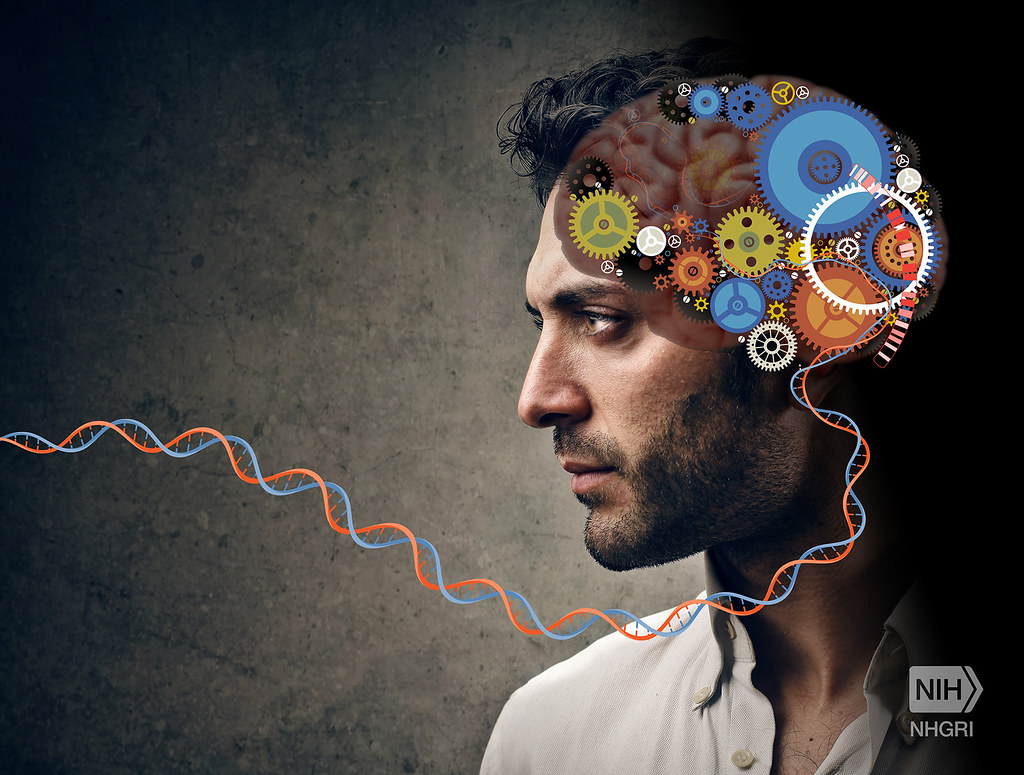Introduction
Schizophrenia is a complex mental disorder that affects millions of people worldwide, with symptoms ranging from hallucinations and delusions to disorganized thinking and behavior. Understanding the symptoms and causes of schizophrenia is crucial in identifying the disorder early on and seeking appropriate treatment. In this blog post, we’ll explore five key symptoms and causes of schizophrenia, as well as various treatment options available to manage this challenging condition. Join us as we delve into the world of schizophrenia and discover ways to cope with its impact on daily life.
What is Schizophrenia?
1. What is Schizophrenia?
Schizophrenia is a mental disorder that affects a person’s ability to think clearly, manage emotions, make decisions, and relate to others. It can cause hallucinations, delusions, and disordered thinking and behavior. Schizophrenia can be devastating for those who suffer from it and their families. But with proper treatment, many people with schizophrenia can lead productive, fulfilling lives.
Symptoms of Schizophrenia
1. Symptoms of Schizophrenia
Schizophrenia is a mental disorder that can cause a range of different symptoms. These symptoms can be divided into three main groups: positive, negative, and cognitive.
Positive symptoms are those that are not seen in healthy people. They include delusions, hallucinations, and thought disorders. Negative symptoms are those that healthy people do experience, but people with schizophrenia experience them to a greater degree. They include social withdrawal, apathy, and flattening of emotions. Cognitive symptoms refer to problems with attention, memory, and executive functioning.
The exact mix of symptoms someone with schizophrenia experiences will be unique to them. However, all four symptom groups must be present for a diagnosis of schizophrenia to be made. The severity of the symptoms can also vary widely from person to person.
Causes of Schizophrenia
There is no single cause of schizophrenia, but it is thought to be caused by a combination of genetic and environmental factors.
It is believed that schizophrenia runs in families, and people with certain genes may be more likely to develop the disorder. However, not everyone with these genes will go on to develop schizophrenia.
Environmental factors, such as stress or exposure to viral infections, are also thought to play a role in triggering the disorder.
Treatment Options for Schizophrenia
There is no one-size-fits-all approach to treating schizophrenia, as the disorder can vary greatly from person to person. However, there are a number of treatment options that can be effective in managing the symptoms of schizophrenia.
Medication is often the first line of treatment for schizophrenia, and there are a number of different antipsychotic medications that can be prescribed. These medications can help to reduce the positive symptoms of schizophrenia, such as hallucinations and delusions. they can also help to improve cognitive function and emotional regulation.
Psychotherapy is another important treatment option for schizophrenia. Cognitive behavioral therapy (CBT) can be particularly helpful in teaching people with schizophrenia how to cope with their symptoms and manage their thoughts and emotions. Family therapy can also be beneficial, as it can help to support and educate loved ones about the disorder.
Self-care is also an important part of treatment for schizophrenia. Getting adequate sleep, eating a healthy diet, and exercising regularly can help to improve overall well-being and manage stress levels. Avoiding substances like alcohol and drugs is also important, as they can worsen symptoms or interact with medication.
How to get help if you think you have schizophrenia
It can be difficult to tell the difference between schizophrenia and other mental health conditions, so it’s important to get a diagnosis from a mental health professional.
If you think you have schizophrenia, or if you’re worried about someone you know, the first step is to talk to your GP. They will ask about your symptoms and may refer you for further assessment by a specialist.
You may also be referred for an assessment if you have had psychotic symptoms in the past but these have not been linked to any particular event or stressor.
Conclusion
Whether you are suffering from or know someone who is suffering from schizophrenia, it is important to be aware of the possible symptoms and causes in order to get the best treatment available. While there is no cure for this disorder, its effects can be managed through medication and therapy. With the right assistance, people with schizophrenia can live a happy and fulfilling life. It’s all about understanding what works best for each individual person and developing an effective plan of management that suits them best.







